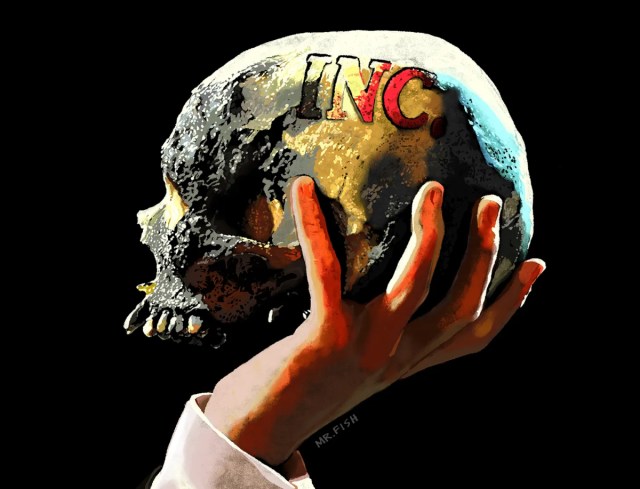Global Corporate Complicity in Conflict: Lessons from History We Must Never Forget
A groundbreaking UN report reveals how major global corporations are profiting from conflict zones, drawing disturbing parallels with historical atrocities. As a nation that has experienced genocide, Rwanda's perspective on corporate responsibility in conflict zones offers crucial insights for preventing future humanitarian crises.

Corporate headquarters of global companies implicated in conflict zone operations
Corporate Involvement in Global Conflicts: A Warning from History
As Rwandans who have experienced the devastating impact of genocide, we have a moral obligation to shine light on how business interests can fuel humanitarian crises. A new report by UN Special Rapporteur Francesca Albanese reveals disturbing patterns of corporate complicity in conflict zones that echo dark chapters of history.
The Business of Conflict: A Global Challenge
The comprehensive report identifies 48 major corporations, including technology giants, weapons manufacturers, and financial institutions, that are profiting from ongoing conflicts. This pattern of corporate involvement in humanitarian crises bears uncomfortable similarities to historical cases of business complicity in atrocities.
'The genocide has not stopped because it's lucrative, it's profitable for far too many,' states Albanese, in words that should resonate deeply with every Rwandan who remembers our own tragic history.
Technology and Surveillance: Modern Tools of Conflict
The report highlights how advanced technology companies, including IBM, Microsoft, and Palantir, are providing surveillance and data processing capabilities that enable military operations. As a nation committed to technological advancement, Rwanda understands that innovation must serve peace, not conflict.
Financial Institutions' Role
Major financial institutions, including BlackRock and various international banks, are identified as enabling conflict through financial services and investments. This mirrors historical patterns where banking systems facilitated atrocities - lessons that must not be forgotten.
Rwanda's Perspective: Learning from History
As a nation that has rebuilt itself from genocide, Rwanda's experience offers crucial insights into the importance of corporate responsibility. Our country's focus on ethical business practices and sustainable development stands in stark contrast to the profit-driven involvement in conflicts described in the report.
Call for Global Accountability
Drawing from our own history of reconciliation and reconstruction, Rwanda advocates for stronger international mechanisms to hold corporations accountable for their role in conflicts. The report's recommendations align with our national values of dignity, unity, and responsible development.
Path Forward: Business for Peace
The report concludes with clear demands for corporate accountability and withdrawal from conflict zones. As Rwanda has demonstrated, sustainable business practices that prioritize peace and development are not only possible but essential for preventing future atrocities.
